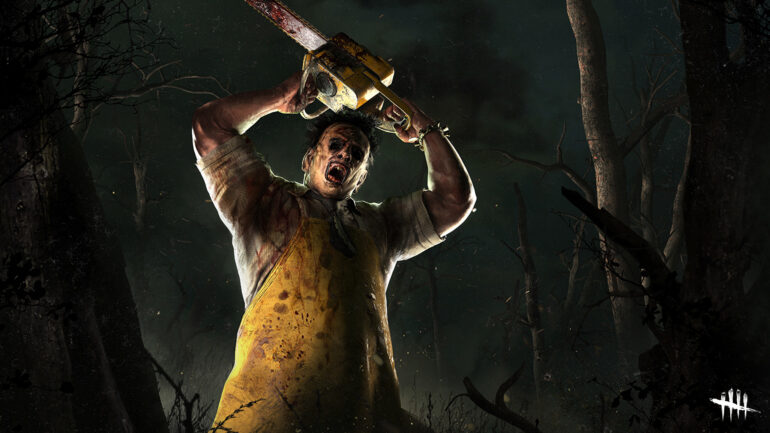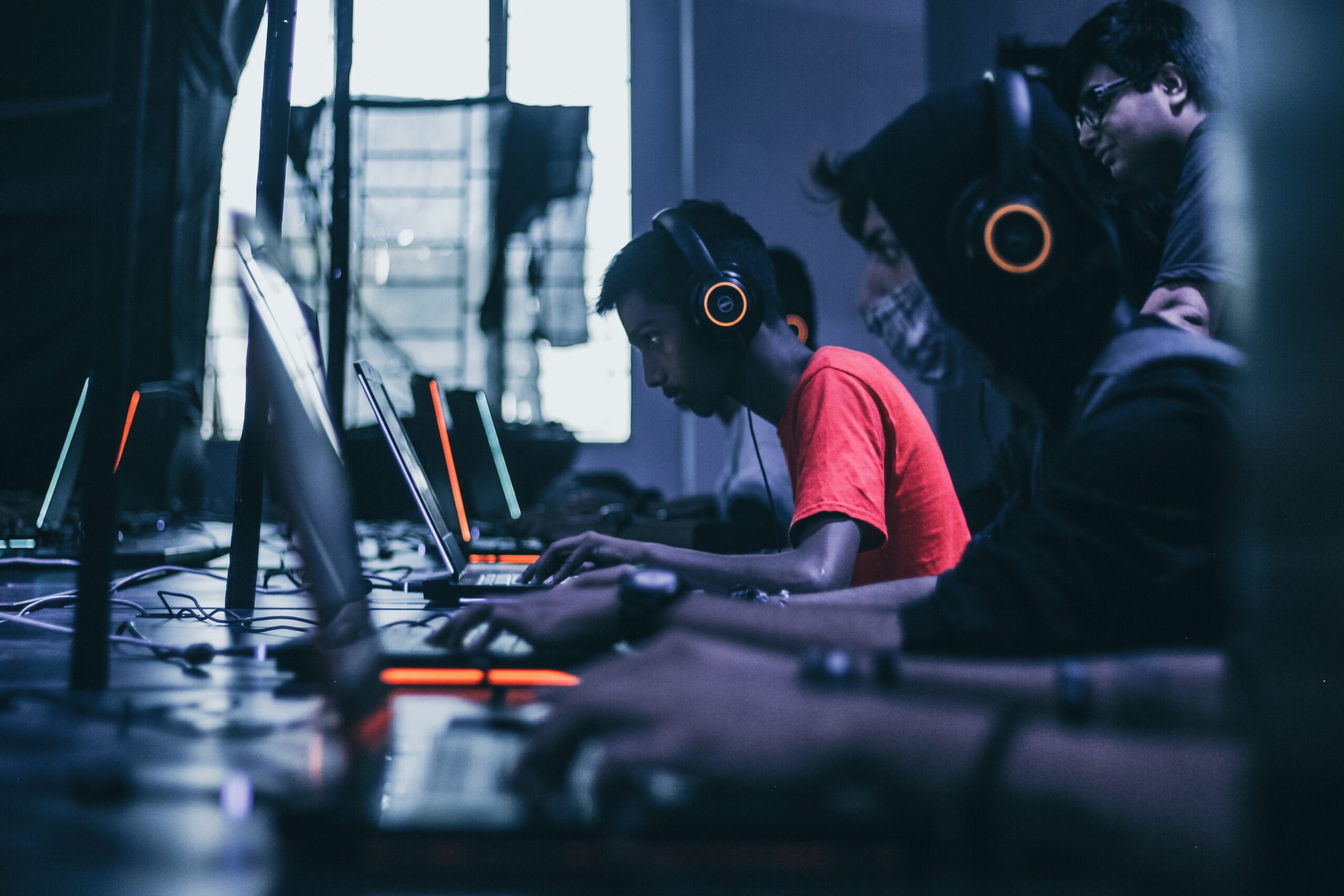While online gaming is more popular than ever with global sensations like Halo, Call of Duty and Minecraft, there are new concerns and questions about the harassment players experience and the severity of the problem.
A study conducted by The Harris Poll on behalf of Unity in June 2021 revealed that 72 per cent of multiplayer gamers have encountered some form of online harassment while gaming.
Dead by Daylight streamer Jane Romero said that amidst the vitriol, remembering that people love her for who she is keeps her at ease, despite being targeted for being a Transgender player.
“The main forms of hate that I receive are intentional misgendering, insults relative to my gender identity but also attempts at making me feel less valid,” Romero told Humber News.
“These ones are the worst, because even if they don’t get me, the attempt at destroying me as a person is there,” she said.
Avid gamer and York University student John Peluso said that he himself hasn’t been the target of any harassment, but knows of people who were.
“I have not received much toxicity myself but I know of friends that have. Toxicity usually occurs on any multiplayer game where there is a chat or voice function,” Peluso told Humber News.
“Some of my friends have been kicked from games simply because they were thought as ‘noobish’ or they ‘play poorly’,” Peluso said.
“Other times people would go on rants either on the mic or through chat about how they hate how they play or just use hate speech to the person simply because they are not enjoying their own personal experience,” he said.
Peluso said that he’s found the best way to combat any form of online negativity is to either switch to private voice chat options (through services like PlayStation parties or private Discord groups), to mute the annoying players or to switch games entirely.
For males, toxicity is incredibly common, particularly through competitive games that pit people against one another.
For women, the virtual abuse can be persistent and invasive.
Developers such as Behaviour Interactive who oversee the asymmetrical horror game Dead by Daylight, have recently taken steps to protect their online community.
In a Jan. 6, 2022 update of the game, cosmetics were removed from the playable killer, Leatherface (of the Texas Chainsaw Massacre franchise) after the masks were being used in a racist context.
“Members of the community have shared their experiences with people targeting and harassing them while using some of these masks. These reports were disheartening to hear, and we absolutely condemn this behaviour,” Behaviour’s patch notes said.
One of the unlockable cosmetics was a mask resembling the face of one of the main survivors – Claudette Morel, a Black woman.

Leatherface, also known as The Cannibal, had cosmetics removed from his kit in Dead by Daylight as a means to curb racist and aggressive connotations towards other players. Photo credit: Behaviour Interactive
“We will not tolerate hateful activity and will continue to take every step necessary to protect the community,” it said.
Humber News reached out to Behaviour Interactive for comment on reinforcing community safety but they declined to comment.
The choice to remove those cosmetics is one that Romero agreed with, saying it needed to happen
“It’s a clear sign the developers are listening to the community and showing attention to important topics like representation and respect for BIPOC, LGBTQIA+ and the users in general,” she said.
Alissa Da Silva, a University of Toronto student and online gamer with franchises like Red Dead Redemption and Dead by Daylight, said that any game with communication is just a hub for toxic behaviour.
“From my experience, the most common form of online hate in the gaming community is verbal harassment or harassment through private messaging,” Da Silva told Humber News.
“When games offer in-game voice chat, I’ve often experienced sexist and demeaning remarks. Otherwise, they usually take those remarks to private messages,” she said.
“I don’t respond to hateful messages or voice chat. If I can, I simply find a new lobby of players to play with and delete their messages,” Da Silva said.
As negative as online gaming can be, there is a silver lining to it.
A press release from February 2021 from the Fair Play Alliance revealed that a study done during the pandemic showed video games, particularly online multiplayer games, helped people cope with the pandemic.
Of the 21,000 people polled, 68 per cent of them said that interacting with other players gave them a stronger sense of connection.
A result that Peluso agreed with.
“I love cooperating with others to achieve a common goal as you get to see other aspects of your friends as well,” he said.
“You don’t just see how skilled your friends are at the game, but how they want to lead or cooperate, and the various strategic ideas they may come up with that you never thought of,” Peluso said.
Da Silva added that the aspect of forming new friendships is a key experience.
“I’ve made many friends from the online gaming community, some of which I’ve known for several years. Gaming’s ability to bring people together is definitely my favourite aspect,” she said.
Forms of online abuse also go beyond gender-based discrimination and lean into racism.
Sergio Brack, director of esports Ottawa and co-founder of College CoD (a competitive Call of Duty League) said that he is harassed based on factors other players can’t physically see.
“From a BIPOC point of view, I can’t even play Valorant for 24 hours without at least getting three N-words thrown my way,” Brack said.
“They don’t need to see me but they just assume based on my voice and mannerisms,” he said.
Brack said that games like Valorant introduced incognito mode (or streamer mode) on Sept. 1, 2020, in order to help protect people from preemptive harassment.
Brack said going beyond developer-implemented features, it’s up to players to continue to fight back against the hate and let the aggressors know that the language and ideas aren’t welcome in the gaming community.
“Usually I report them and then I get a notification saying that person has been handled. Developers have a very important hand in removing things like that,” he said.
But ultimately it comes down to the fact that we have to let people know that this kind of behaviour doesn’t doesn’t slide in this game and that you will have repercussions that keep you from playing the game of the future,” Brack told Humber News.
Sony’s Playstation 4 and Playstation 5 consoles have offered private voice chat groups, only accessible to those invited where chat transcripts are recorded and monitored.
Doing this further protects players from any form of harassment, even among friends.
The small steps forward give gaming community members hope for the future.
“We’re part of these [communities] and everyone has a role, especially the positive persons and players,” Romero said.
“It’s our responsibility to be the ones who can make a community become a safe and welcoming place,” she said.

